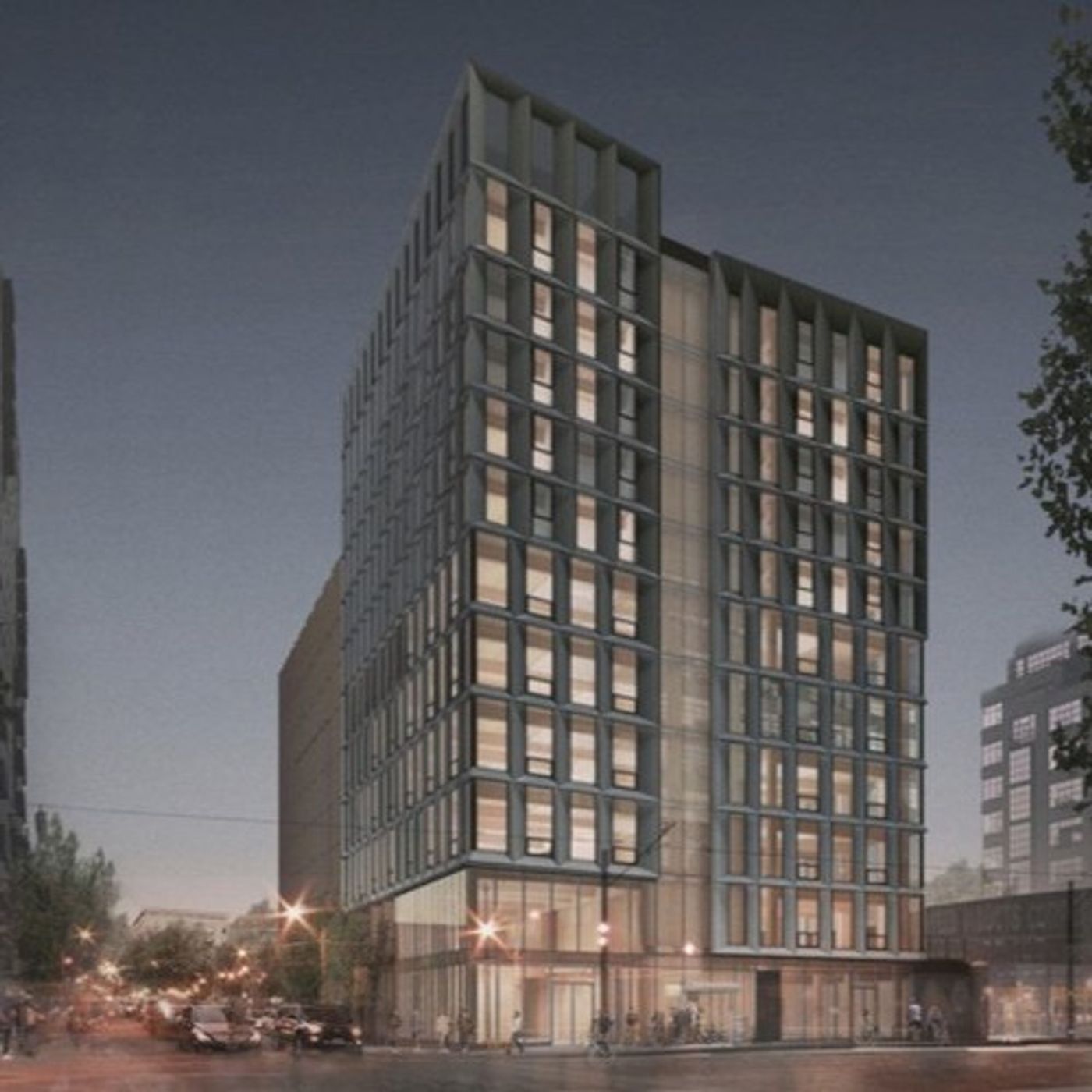Will Future Skyscrapers Be Built of Wood?

b'Among all the buildings going up in the biggest boom in Portland history, only one of them can be called the first of its kind in the nation.
It\\u2019s a simple four-story building called Albina Yard on North Albina Street. On the ground floor is Tanner Goods and a new bar, Wayback. The top three floors are office. But it\\u2019s the material stretching in between them that is the big deal. Instead of steel and concrete, the floors, ceilings and columns are made of cross-laminated timber, or CLT for short.
State of Wonder\\u2019s architecture columnist-in-residence Randy Gragg stopped by to discusses how CLT stands to revolutionize construction, offering a pre-fabricated material that is faster to build, more resistant to earthquakes, and more sustainable than traditional practices, not to mention stands to jump start rural\\xa0economies.
\\u201cA good analogy for me is thinking of it like a very large IKEA cabinet, where each piece is precision machined and then assembled with steel connectors,\\u201d Thomas Robinson, a partner at Lever, the architecture firm that designed Albina Yard, told Gragg.
Last week, Lever received design approval for an 11-story high-rise in the Pearl district called Framework. The firm is in the final stages of proving CLT\\u2019s ability to withstand fire and support a building of such size with help from a $1.5 million Department of Agriculture grant and researchers at the University of Oregon, Portland State University, and Oregon State University.
CLT technology is used widely in Europe and Japan, and the state of Oregon is positioning itself to be a leader in the US. In addition to helping Lever clear the technology with regulators, UO and OSU have started the National Center for Advanced Wood Products Manufacturing, Senators Jeff Merkley and Ron Wyden plugged $3.5 million for it into the agriculture bill now stuck in Congress, and Governor Kate Brown has helped fund a CLT competition.'